
GLITCH COFFEE & ROASTERS
Growing Coffee Together: Believe in Potential and Cultivate Brand
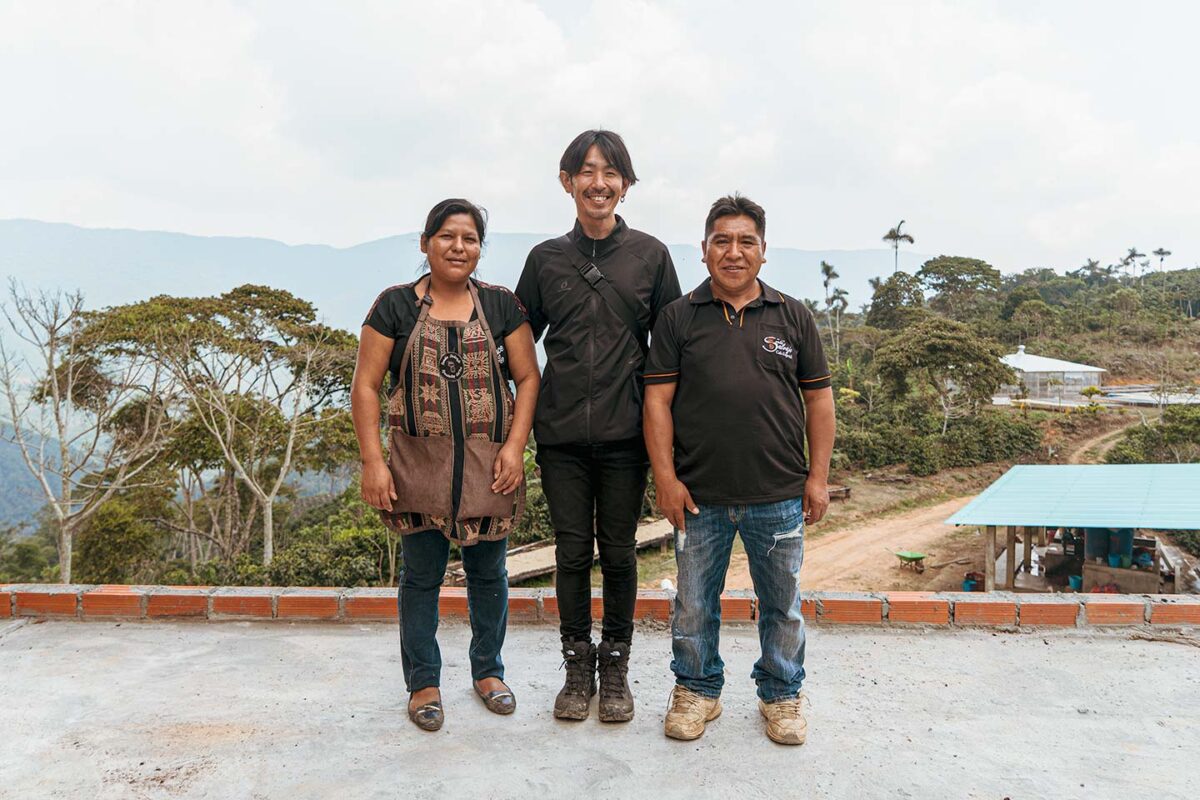
GLITCH COFFEE & ROASTERS was founded in 2015 in Tokyo’s Jimbo-cho district, where Japan’s traditional coffee culture is still thriving. The brand has since expanded to central and western Japan, with locations in Osaka and Nagoya. Their singular focus on single-origin coffees and their uncompromising commitment to showcasing the unique qualities of each bean has earned them a loyal following both domestically and internationally. At the heart of the brand is Kiyokazu Suzuki, who oversees green sourcing and roasting.
Suzuki’s unwavering focus on quality is the driving force behind his approach to coffee. He explains, “We’d rather serve a coffee we fully believe in, even if not everyone may not enjoy it, than serve a coffee that doesn’t meet our standards.” For Suzuki, a one-week trip to Bolivia on TYPICA Lab was a defining experience, one that reshaped his definition of quality.
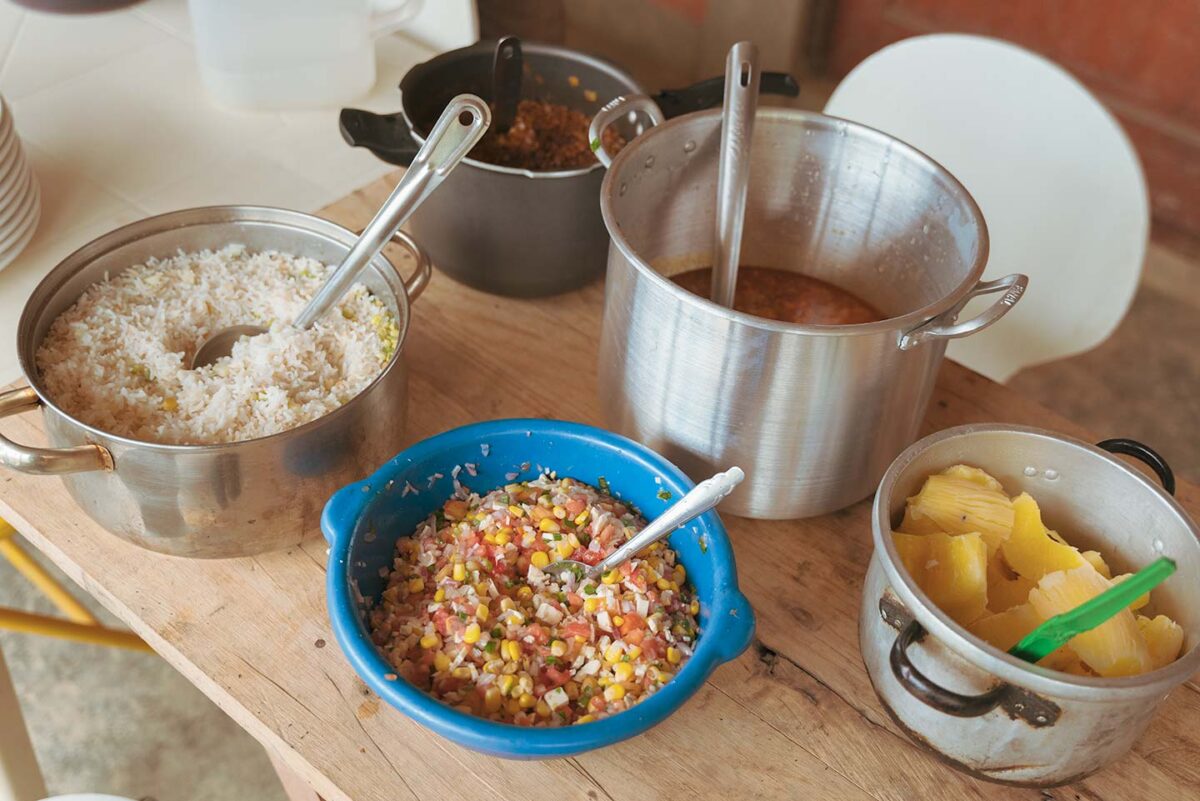
Unconventional origin tour
I’ve been on a few farm tours with coffee companies, but this one in Bolivia was different. What surprised me was how close we got to the producers.
On typical farm tours, local exporters act as guides and do most of the talking. And you don’t really get to chat with the producers themselves. Plus, they often play it safe, with foods that won’t cause you any stomach issues and hotels close by for convenience.
But TYPICA Lab was a completely different experience. We ate food cooked by the locals and stayed with local families. We even sang and danced with them, and celebrated a birthday, even though I didn’t actively participate. Everything was so unexpected and different, it was almost shocking. And to be honest, some of us, including me, got sick on the trip haha.
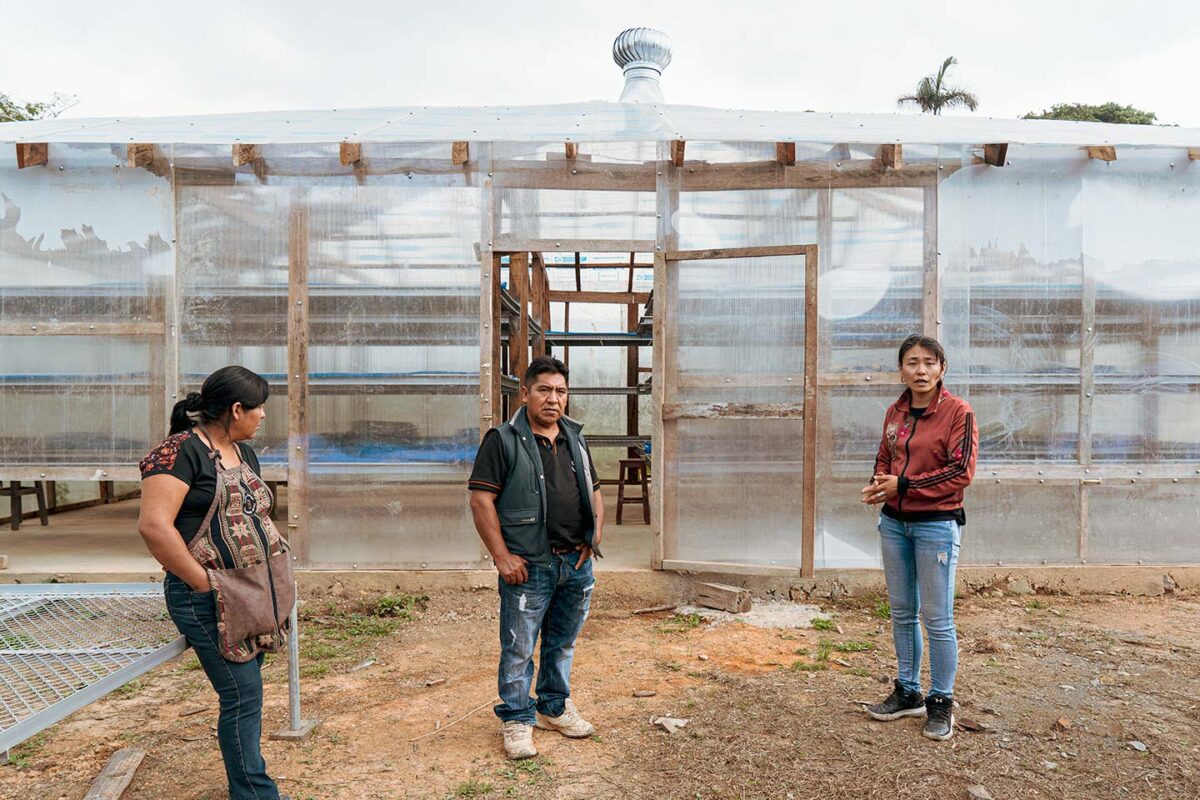
What I also found interesting about TYPICA was their approach. They invest in producers by buying drying beds and greenhouses for them, which the producers then pay for with their coffee sales. This way, TYPICA can foster long-term connections with the producers. And perhaps because of this, all the producers we met were incredibly friendly and accommodating.
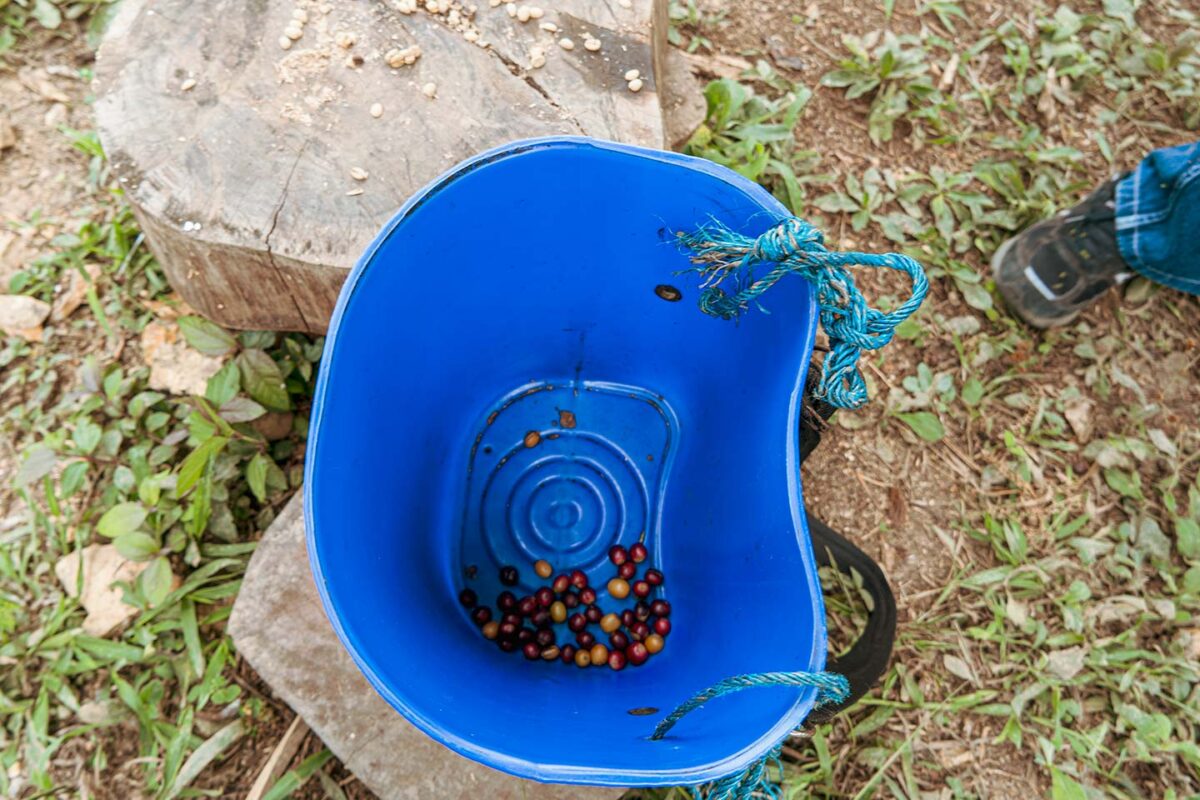
Collaboration with fellow professional to become world’s best
Visiting a coffee origin was a reminder of just how challenging coffee production can be. Most coffee farms are located on hills and have only one harvest season a year. Picking coffee cherries is a physically demanding task that requires a lot of hard work and determination. In fact, even the roasters who tried their hand at it couldn’t keep up with the grueling job and gave up after just 15 minutes, while the local pickers do it all day long.
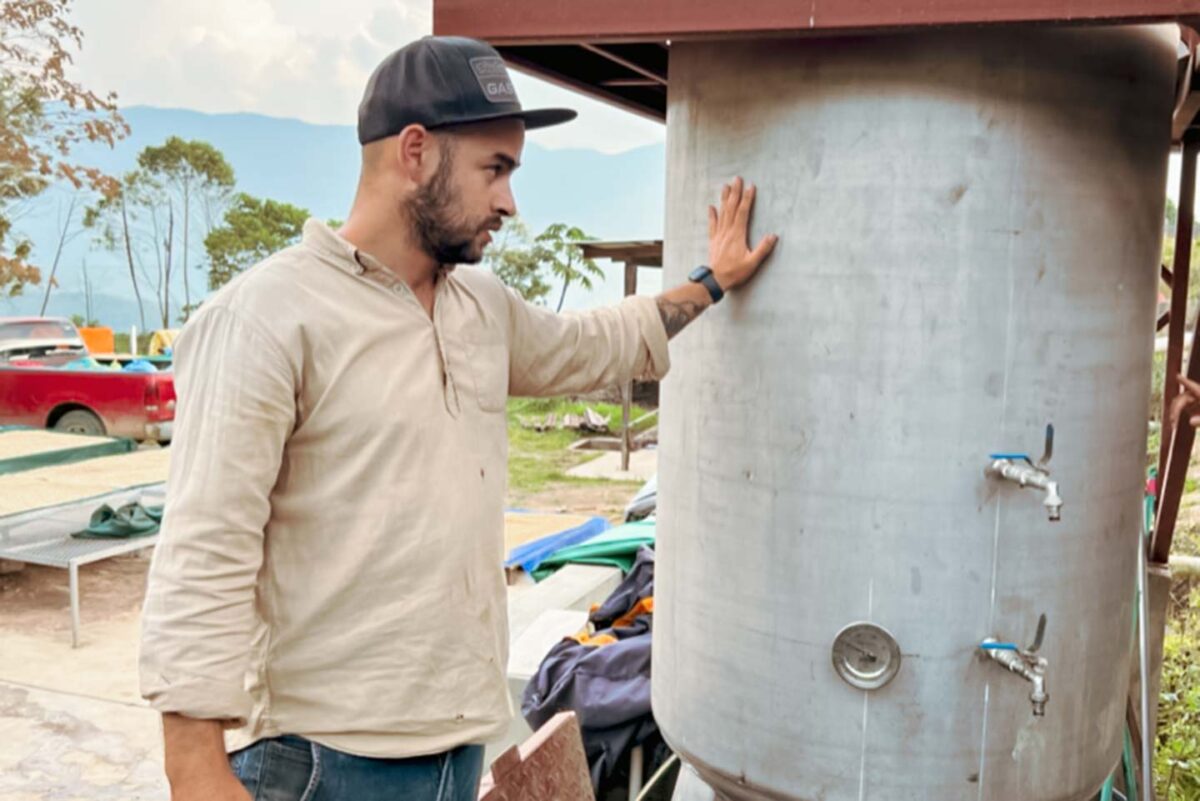
I was impressed by one of the producers I met, Andy from 4Llamas. He’s a real coffee geek with a curious mind who’s always looking for ways to improve his already amazing coffee. He even visited us in Japan and brought back some koji to experiment with. It’s been a couple of months since I returned home. I still keep in touch with a few of the producers, but Andy left a particularly strong impression.
I felt a strong connection with him, and I think our stances align well. He seemed genuinely moved by our meeting, which in turn touched me. I’m not sure if it was because he was aware of our reputation or if people had told him we are well-known. Regardless, the experience was memorable for both of us.
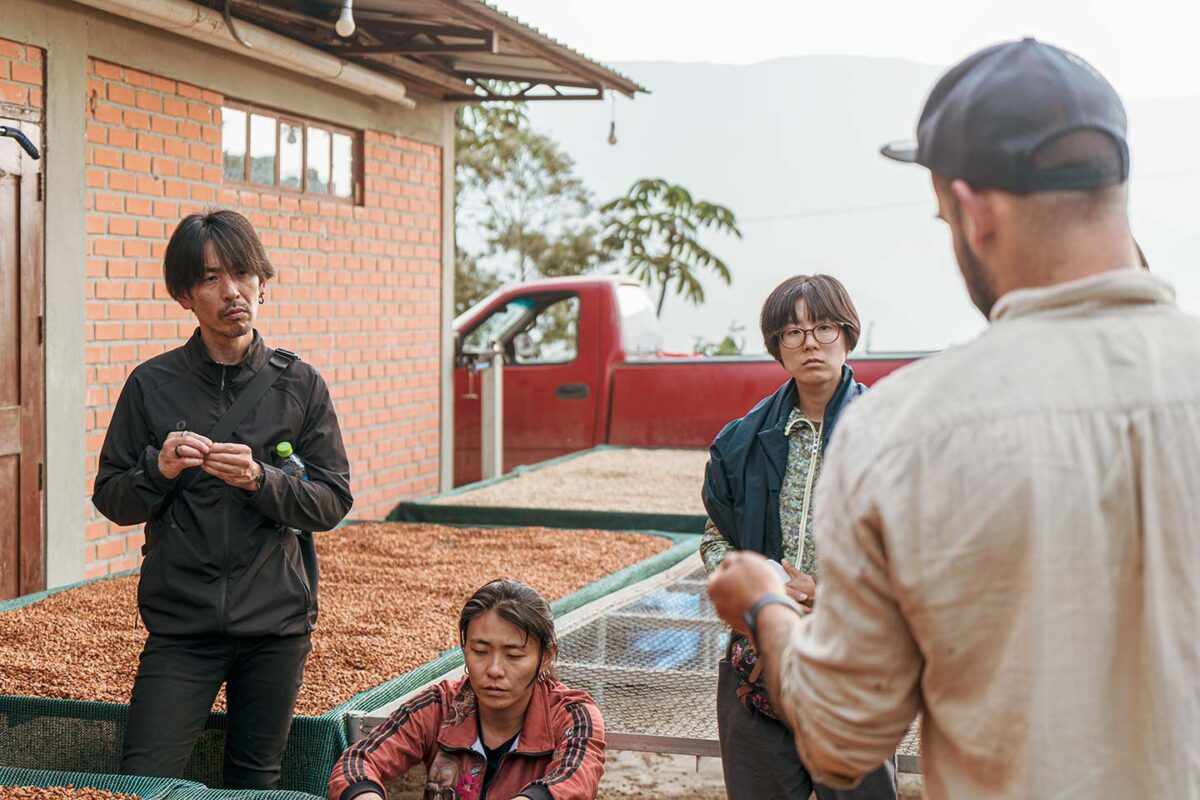
We now talk about working together to surpass the world’s best farm in Bolivia and establishing 4Llamas as the top Bolivian farm. I’ve promised to give him straightforward feedback, even if his coffee doesn’t meet my expectations, and to work towards our shared goal of creating the ideal coffee.
I’m letting Andy handle the harvest, processing, and cupping, and we’ll handle the roasting and brewing. It’s a whole new challenge for both me and GLITCH, but I’m really looking forward to this collaboration with a fellow professional to make a great product.

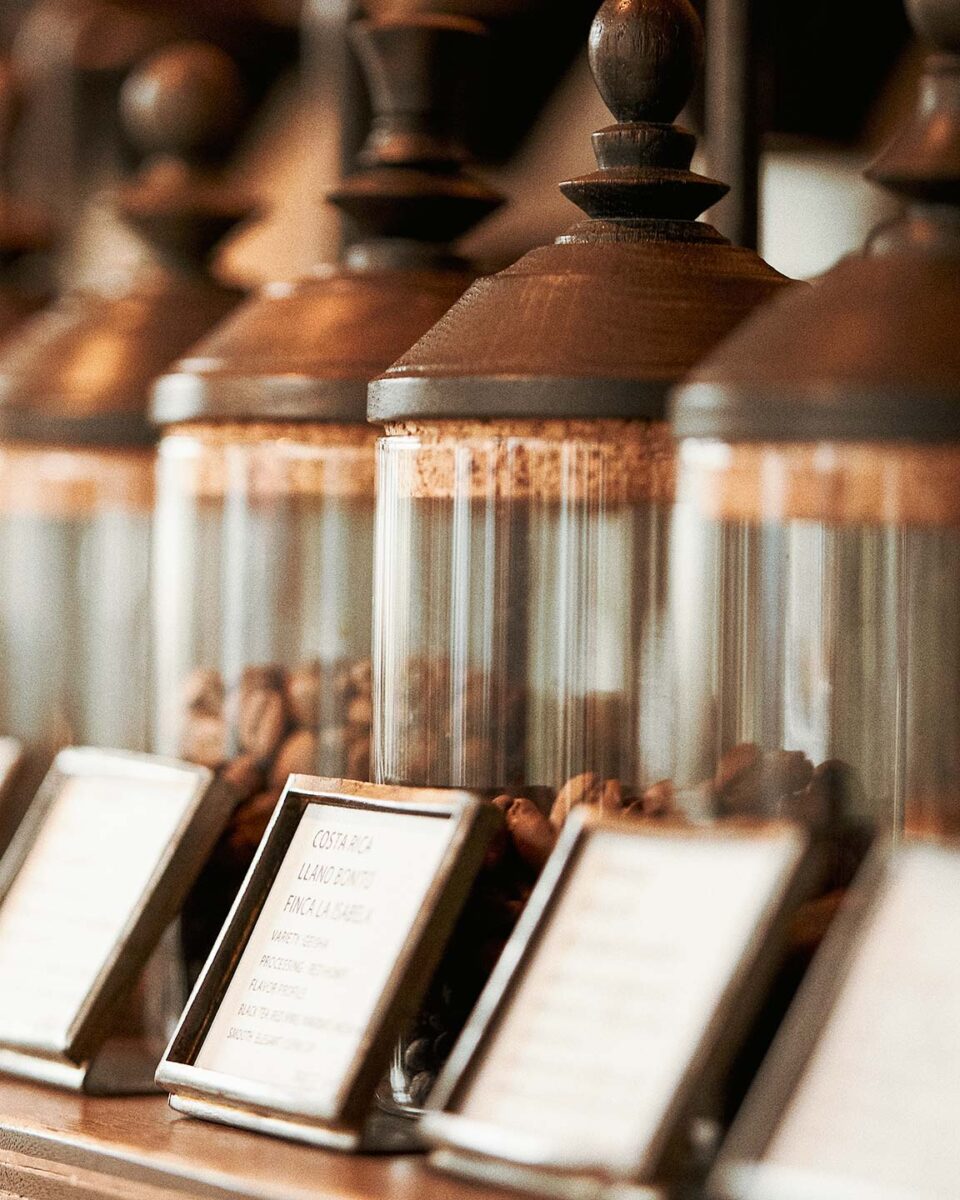
Growing brand together
At GLITCH, we’ve always placed a strong emphasis on sourcing top-of-the-line specialty beans. It wouldn’t be an overstatement to say that quality was everything. We never really looked into the farms or producers in detail, nor did we buy coffee based on its fame or reputation.
But after this trip, my understanding of quality has expanded. I’m now open to buying beans that don’t necessarily meet our standards, if I believe they have the potential to reach even higher scores in the future. For instance, I’m now willing to take a chance on green beans that score between 85 and 89 points, if I believe they have the potential to eventually hit 90 points or higher.
Coffee from well-established, famous farms will sell without any extra effort, kind of like a Louis Vuitton bag. Everyone already knows about it. But to me, it’s way more exciting to discover a hidden gem of a brand and work with the producer to put it on the map. Imagine the satisfaction of having people say, “This is the place that made 4Llamas famous!” Now, that’s something special.

Of course, I’m not the one who will be directly selling the coffee at GLITCH. We always keep a lineup of around 10 different coffees and when customers ask for recommendations, our baristas usually choose three to offer them. If a coffee doesn’t make the cut, it’s not surprising that it doesn’t sell as well. For a coffee to have long-term success, it’s important that our baristas are fans of it first. If I have the opportunity to visit Bolivia again, I plan to send our baristas instead.
At GLITCH, we’ve always focused on single-origin coffee, so telling the stories behind each producer has been important to us. But after this trip, I’ve never felt more strongly about conveying the work of the producers. It’s like their passion and love for coffee really came alive for me.
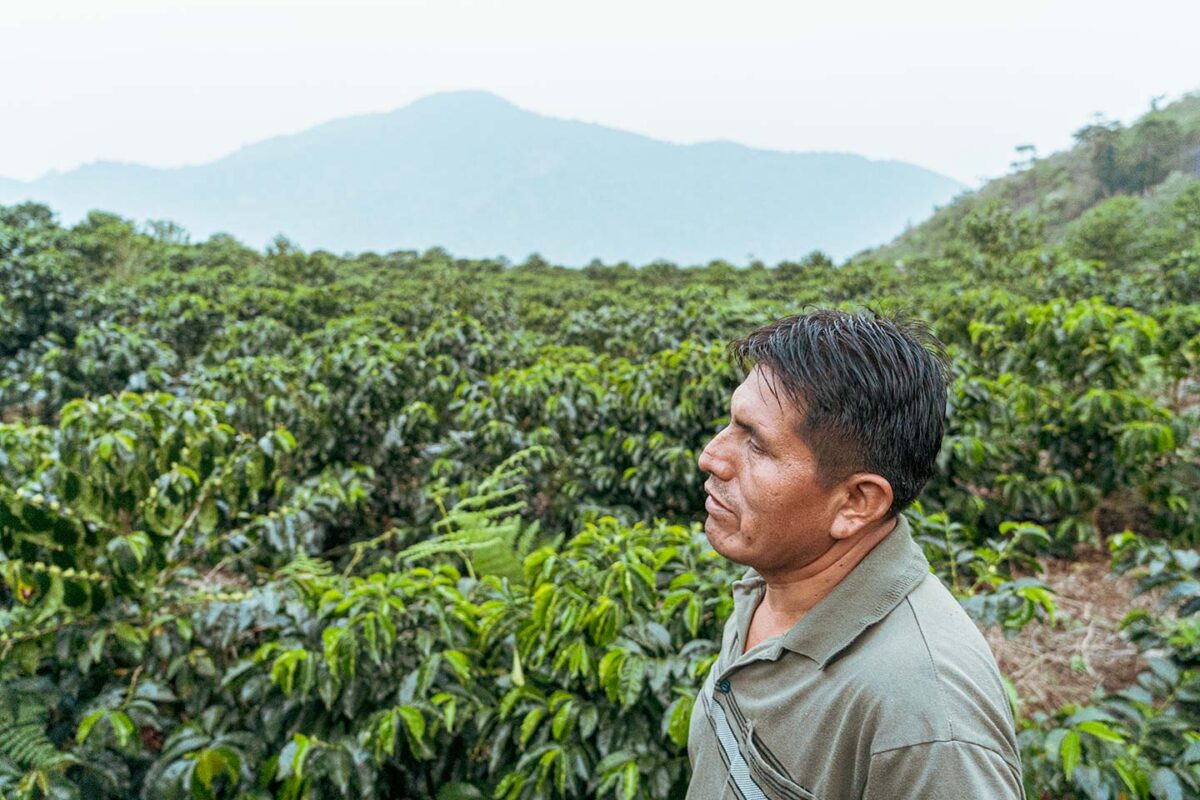
When we gave some of the producers positive feedback, they lit up with big smiles. But when we praised someone else’s coffee, some of them had more reserved expressions. The whole time we were with them, coffee was all we could think about and talk about.
In my past experiences talking with coffee producers in other countries, the conversation often revolved around money. It’s not that they only cared about money, but they had to make practical business decisions. However, the producers in Bolivia seem to be driven purely by their passion for growing great coffee. It’s refreshing to see such dedication.
I want to keep buying coffee from the producers I believe in. Of course, the future is uncertain, so I can’t make any guarantees, but I’m hopeful about the potential these producers have.








